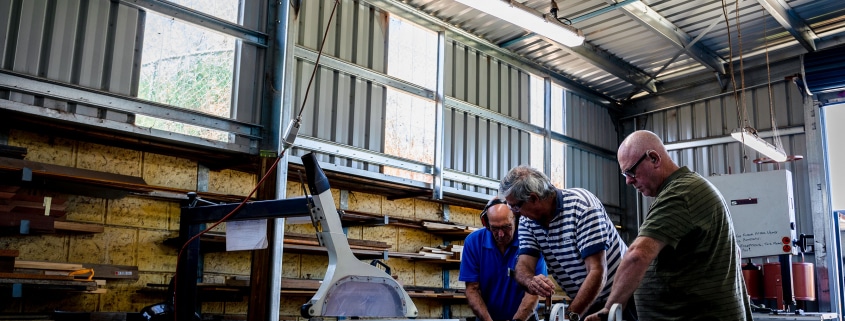Sitting on the fence
During mental health week this year I attended a UWA / WA Association for Mental Health event – ‘Where we live. How we live. What we’ve lived’. It provided a fascinating insight into diverse topics ranging from mental health resilience in people who are dealing with adversity, through forest therapy to specialists in poo (or more accurately the connection between gut health and mental health). There was much memorable content, but one phrase caught my attention and stayed with me. “We need fences at the top of the cliff, not ambulances at the bottom”. I have heard this said many times before, at many events, by many people; especially regarding mental health. Prevention strategies clearly remain overlooked, and quite possibly because its somewhat easier to focus on symptoms. You can see where the money goes with symptoms, you can see the ambulance on the street, the doctor at their desk, the medicine in the cabinet. It’s a little harder in the prevention world and for that we are eternally justifying our existence. “Yes, but how will you know it’s working?” “What outcomes will be achieved?” “If we spend now, we won’t see outcomes for how many years?”…and so on. If you are stuck for something to do, have a read of the Men’s Health and Wellbeing Policy for W.A. Prevention is a guiding ‘principle’, but men’s sheds are included as a pathway and an alternative location to access health and wellbeing services. Sheds (and similar community organisations) don’t appear to be considered as a possible solution to the wellbeing and health issues facing our communities. Perhaps men’s sheds should be considered as a wellbeing strategy because of their ability to build social connection in men.
Are we perhaps looking at prevention too close to the cliff’s edge? We are considering what we should do to prevent men ending up in the health system and worse. Should we also be looking at what opportunities men have to thrive, to participate and to just live well.
I used to run an organisation in the UK that worked with people that were not engaged in education, employment or training. We didn’t try to create pathways for people on to courses or find them interviews for jobs, we looked further away from the cliff’s edge. We helped them to find purpose and the tools to create social connection and positive change in their own lives and it worked.
One of our great supporters at the University of Queensland, Professor Alex Haslam presented at our State Conference in 2021. Professor Haslam talked on how poor social connectivity and lack of social support can affect our mortality. That is if you want to live a long and healthy life, you need to be socially active and you need to be connected to your community. The research is there, and they are seemingly more impactful than some of the more obvious indicators (obesity, smoking, alcohol). Community organisations like men’s sheds see the importance, yet there appears to be a disconnect and it still doesn’t feature heavily in health policies. Living in a COVID affected world we now have a magnified view of social isolation and loneliness and their dangerous consequences for our communities.
Walk into any men shed and have a listen. You aren’t likely to hear much conversation on the pathways to health provision or the WA Men’s Health policy. You will hear people talking about drills, lathes (and a bunch of other equipment I’m not equipped to talk about), family, friendships and life. You’ll hear laughter and conversation. All they need to be is a safe environment where men can come together, share experience, build and develop skills and find new mates. And that will work. We have seen from our work in WA sheds excel at positive wellbeing; the health benefits deal with themselves if we get the environment right.
Perhaps we need a different phrase, “We don’t need fences at the top of the cliff, we need safe environments that will keep us away from the cliff”.
James Wild, CEO Men’s Sheds of WA





